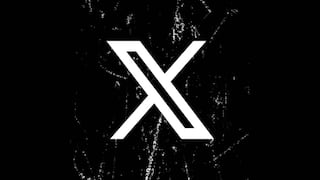Prevent Losses By Keeping These New Rules In Mind While Issuing Cheques
On August 1, RBI has made some changes to banking rules. Keeping these new rules in mind, additional precaution needs to be exercised while doing payments with cheque.

You need to be careful when making payments through cheques. On August 1, Reserve Bank of India (RBI) has made some changes to banking rules. The central bank has now decided to provide round-the-clock bulk clearing facility. The National Automated Clearing House (NACH) has been working 24 hours a day since this month.
Now that NACH is working all day, you need to take extra care while making payments through cheques. Since the cheque can go for clearing round the clock, it and can also be redeemed on non-working days, holidays. So before issuing the cheque, make sure that there is enough money in your bank account, or your cheque would bounce. You will have to pay a penalty amount if the cheque bounces.
What is NACH?
NACH is a bulk payment system run by the National Payments Corporation of India (NPCI). It facilitates more than one credit transfer such as dividends, interest, salary and pension payments. It also facilitates the collection of payments related to electricity, gas, telephone, water, loan installments, investment in mutual funds and insurance premiums.
New payment rules for higher amount cheques
RBI introduced a 'positive pay system' in January this year to increase the safety of cheque-based transactions. It may require re-confirmation of details for payments of more than 50,000. Under this process, the person issuing the cheque reconfirms the details of the cheque issued. This includes check number, cheque date, name of the cheque receiver, account number, amount, etc.





































